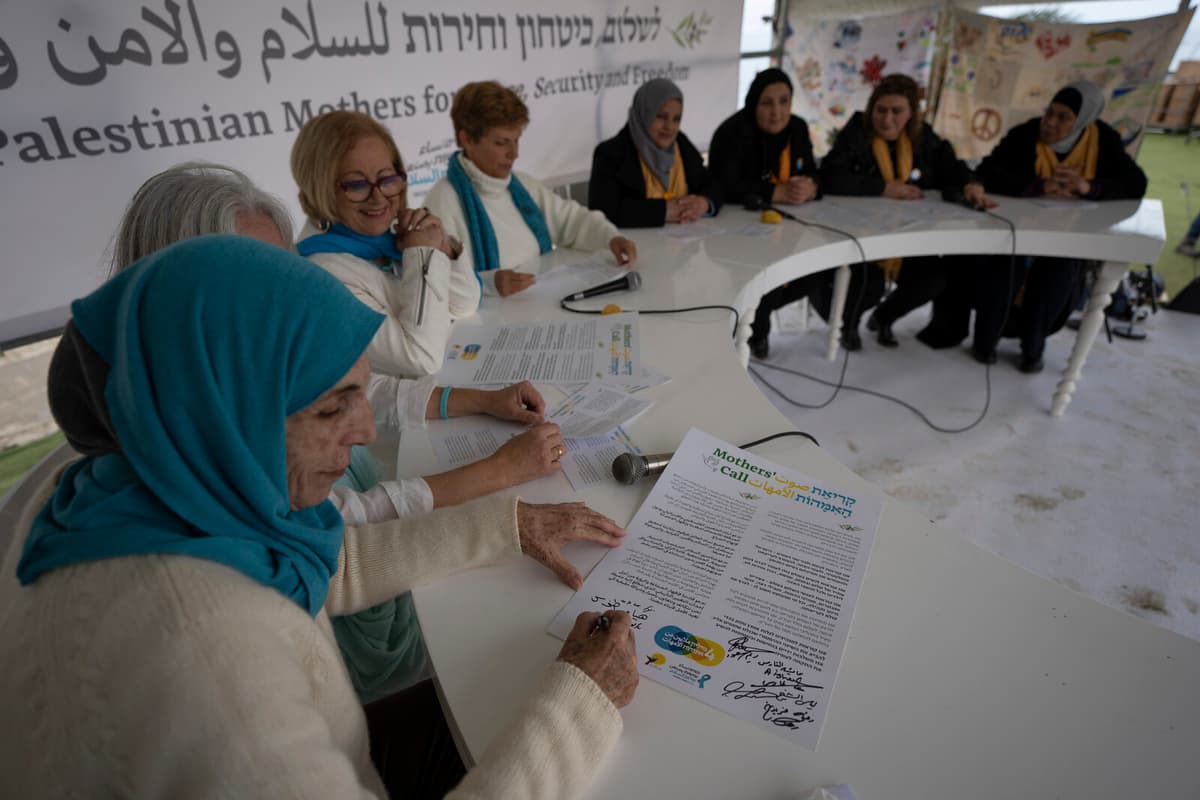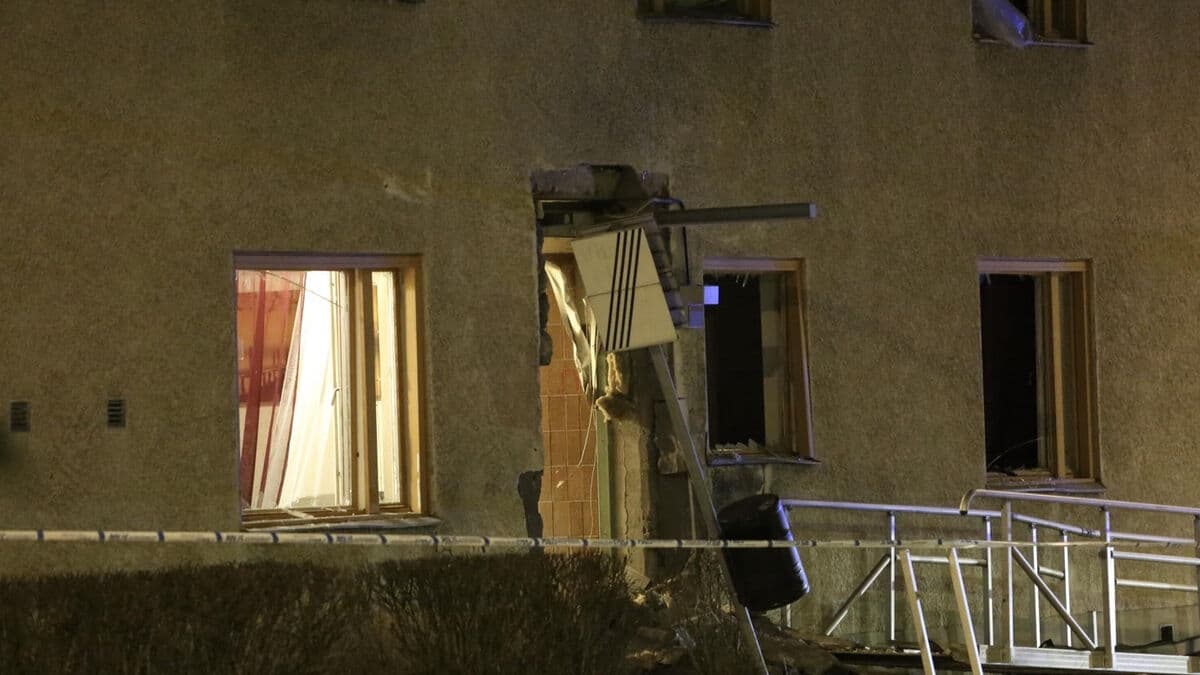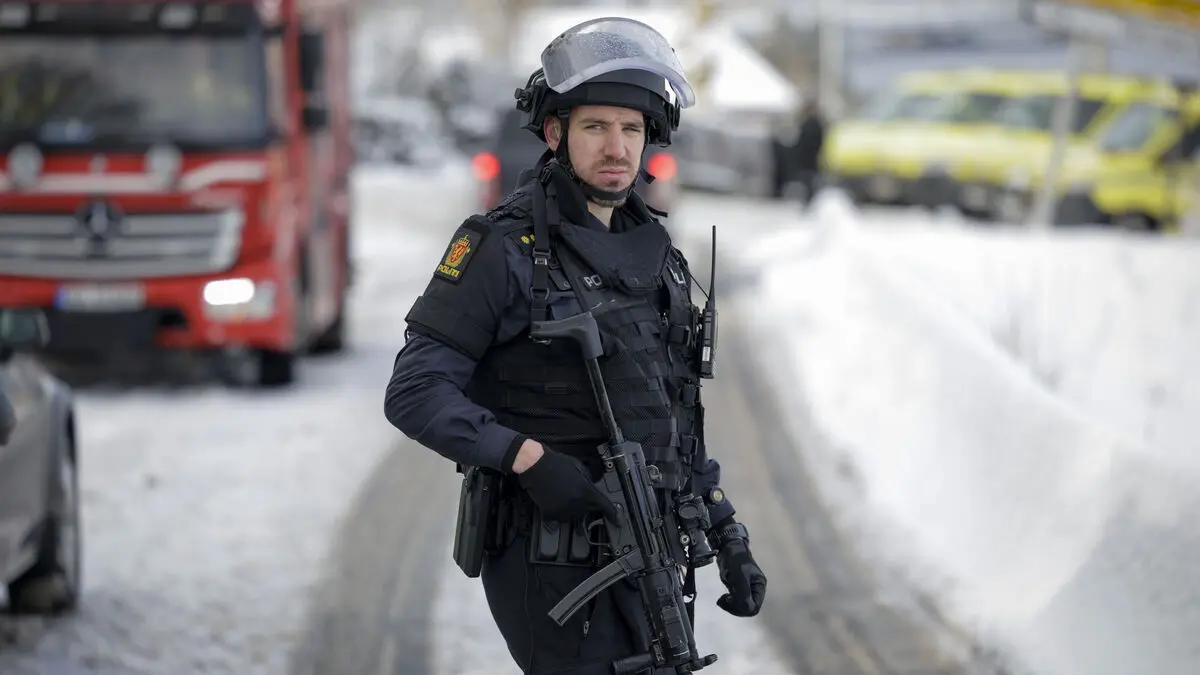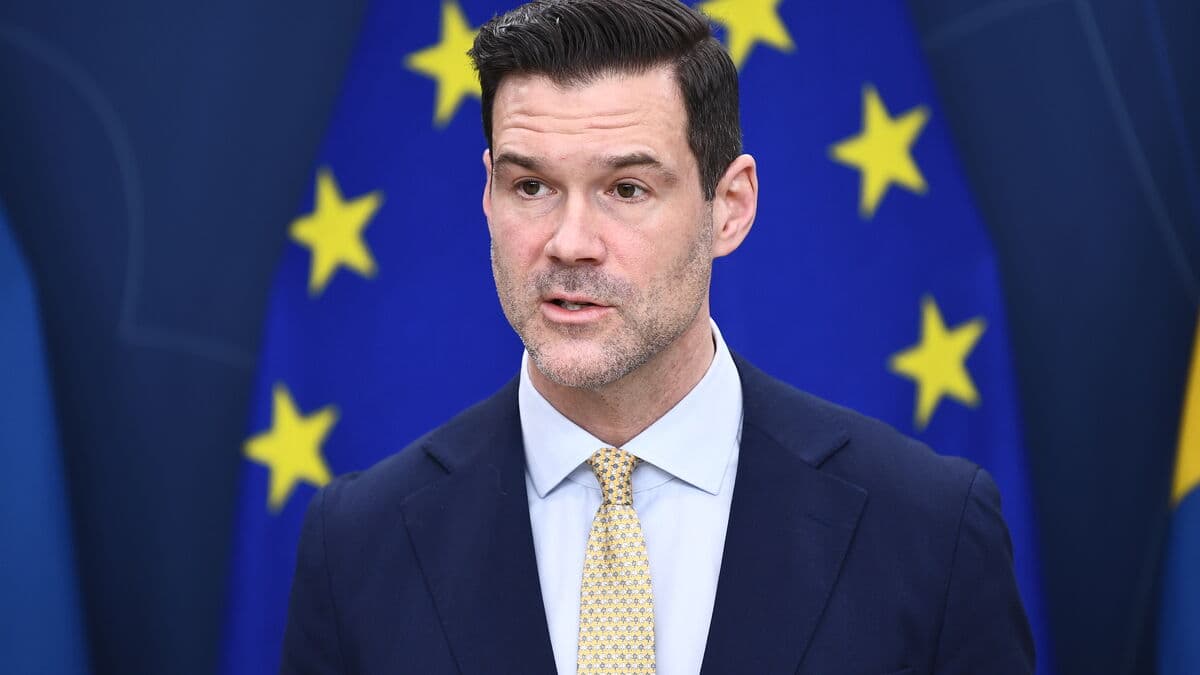If liberal politician Abid Raja had his way, NATO's recently resigned Secretary-General Jens Stoltenberg would receive the peace prize being announced in Oslo at 11 am.
He works tirelessly for peace in Ukraine and is the most important force for peace outside of Ukraine. I become so proud to be Norwegian when I see Stoltenberg on the world stage, said Raja last winter when he explained who his party had nominated for the prize of the year.
The Norwegian Nobel Committee has not awarded a compatriot in over 100 years.
Middle East
Instead, speculation is mainly focused on the peace prize highlighting the conflict in the Middle East, possibly through a prize shared by Israeli and Palestinian activists or organizations. Human rights groups B'Tselem and al-Haq are mentioned, as well as women's organizations Nashim Osot Shalom and Nisaa al-Shams, and independent journalists and media on both sides.
Strong support also exists for the UN's Palestinian refugee agency Unrwa – which, however, risks meeting strong anger from Israel, which has banned the agency from operating in the country after allegations that employees were involved in Hamas' major terror attack on October 7 last year.
Election Observers
Unrwa and its chief Philippe Lazzarini are on the speculation list presented by Henrik Urdal at the Norwegian peace research institute Prio ahead of the peace prize.
At the top, however, he has the European cooperation organization OSCE's election observation branch Odihr.
It's very important to draw attention to election observers this year, a year with many major elections, so it would be a prize that points in several directions at the same time, says Urdal to the news agency NTB.
Court or Musk?
Mentioned by both Urdal and others are also the two international courts in The Hague, ICJ (International Court of Justice) and ICC (International Criminal Court), as well as various organizations connected to the war in Sudan.
If the far-right gets its way, X-owner and Tesla CEO Elon Musk seems to be in the running. From various quarters, Musk has been nominated for both the Nobel Peace Prize and the EU Parliament's top human rights prize, the Sakharov Prize.
His work for dialogue and communication, for freedom of expression, and his contribution to technological development contribute to making the world better and safer, said parliamentarian Marius Arion Nilsen from the Progress Party last spring.
Here are the last ten years' recipients of the Nobel Peace Prize:
2014: Child rights activists Malala Yousafzai from Pakistan and Kailash Satyarthi from India.
2015: Tunisia's national dialogue quartet.
2016: Colombia's President Juan Manuel Santos.
2017: The International Campaign to Abolish Nuclear Weapons, Ican.
2018: Doctor Denis Mukwege from the Democratic Republic of Congo and Yazidi Nadia Murad from Iraq.
2019: Ethiopia's Prime Minister Abiy Ahmed.
2020: The UN's World Food Programme, WFP.
2021: Journalists Maria Ressa and Dmitri Muratov, active in the Philippines and Russia, respectively.
2022: Imprisoned democracy profile Ales Bialiatski from Belarus, the Russian human rights organization Memorial, and the Ukrainian Center for Civil Liberties.
2023: Imprisoned women's rights activist Narges Mohammadi from Iran.
Source: The Norwegian Nobel Institute
The recipients of the Nobel Peace Prize are chosen, in accordance with Alfred Nobel's will, by the Norwegian Nobel Committee, which in turn is appointed by the Norwegian parliament, the Storting.
The prize is to go, according to the will, to "the brotherhood of nations, the abolition or reduction of armies, and for the maintenance and promotion of peace in the world". The winner must be nominated no later than January 31 or by any of the members of the Nobel Committee at its first subsequent meeting.
This year, 196 individuals and 89 organizations have been nominated.
19 times throughout the years, the Nobel Committee has chosen not to award a prize: 1914–1916, 1918, 1923–1924, 1928, 1932, 1939–1943, 1948, 1955–1956, 1966–1967, and 1972.






